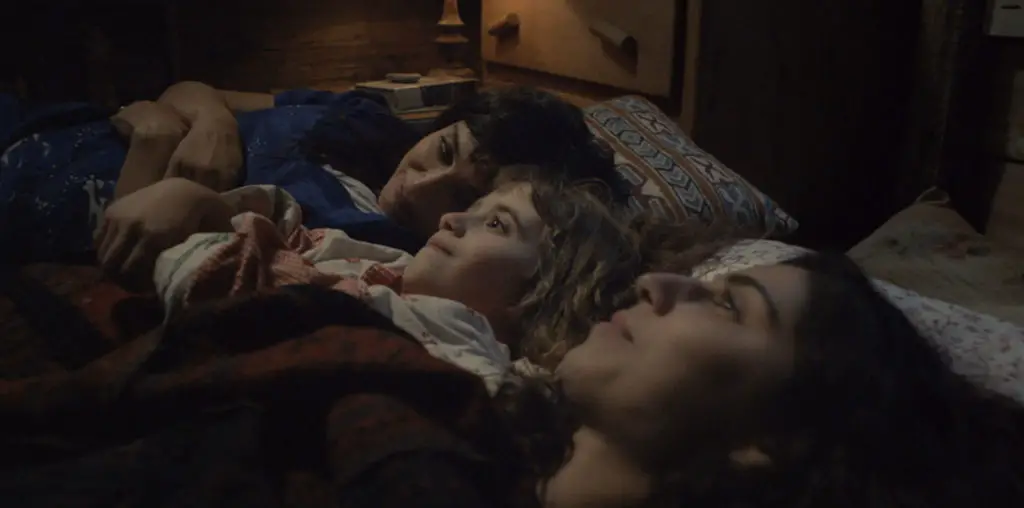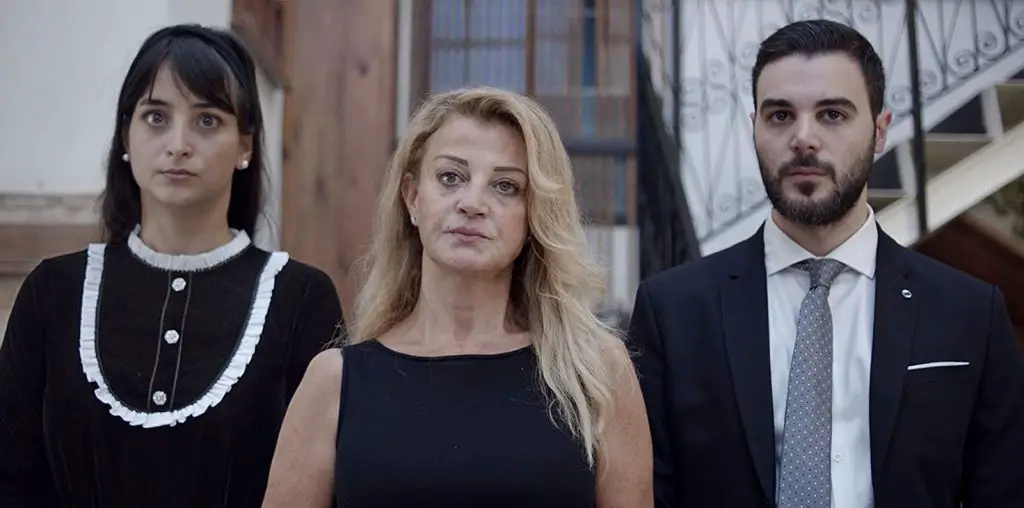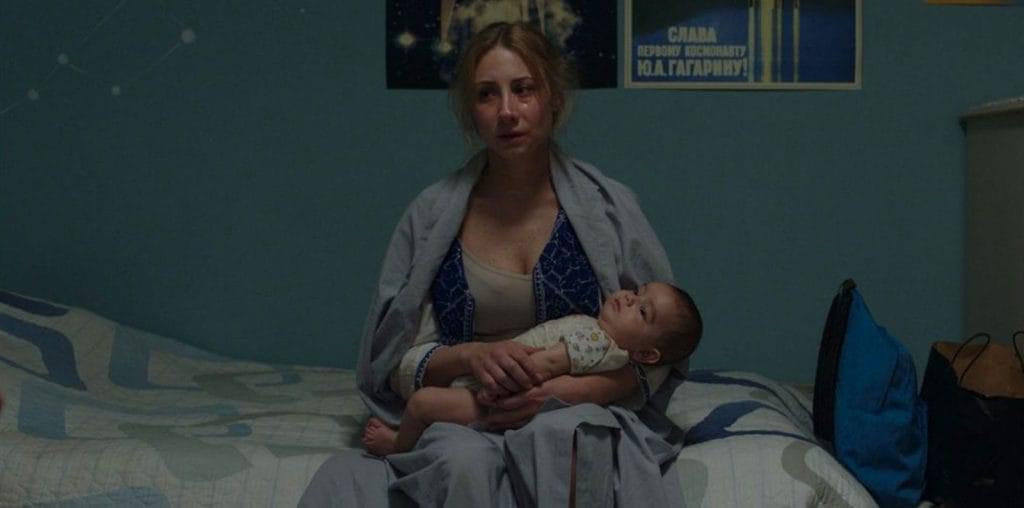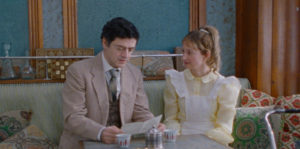
There’s no shortage of cinematic representations of traumatic periods like the Lebanese Civil War. Usually, these are intense dramas that spare the audience none of the violence and despair built into such narratives. French-Lebanese filmmaker Chloé Mazlo, though, adopts a heavily-stylized and borderline fantastical representation of this bloody period in Lebanese history in her feature-length debut, Skies of Lebanon. Instead of a gritty verité aesthetic, much of the film looks like a moving postcard, with the players moving against an impossibly perfect backdrop of an idealized 1970s Beirut.
While the film makes no illusions about the time and place, the actual specifics of the conflict in Lebanon are secondary to the life of Alice (Alba Rohrwacher), a Swiss émigré in Lebanon who falls in love with a brilliant rocket scientist named Joseph (Wajdi Mouawad). Her previous life was one of tradition in the Alps, and Alice’s newfound love of Lebanon and the Arab man she eventually marries infuriates her parents.
Alice and Joseph meet in a quaint Beirut café, and within a few short sequences — perhaps too short for the audience to initially believe in their chemistry – they are married and are parents to a socially-conscious teenager. But unfortunately, Joseph’s lofty ambitions of designing a Lebanese rocket that would be the envy of the world at large are interrupted by the brutal sectarian conflict, one that Lebanon is still in many ways recovering from. Alice, meanwhile, is paralyzed with disbelief in the direction that her new home has taken. Will the bond of family withstand the onslaught of external circumstances beyond their control as Beirut is rocked by frequent explosions?
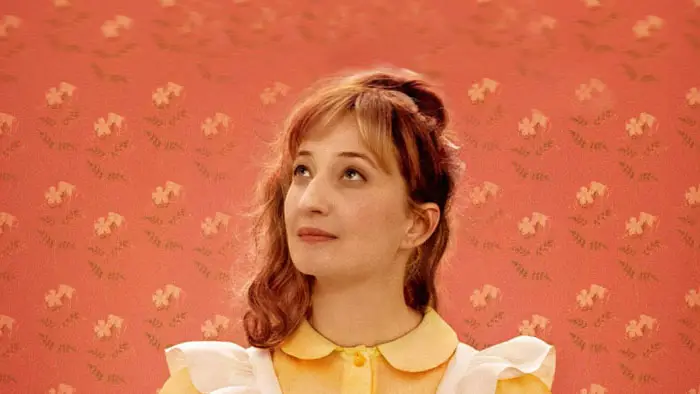
“…Alice’s newfound love of Lebanon and the Arab man she eventually marries infuriates her parents.”
All of the aforementioned drama is depicted with aesthetic choices that immediately bring to mind the work of Michel Gondry, which can undoubtedly be hard to swallow for some. While I personally found the style to have a disarming quality that makes Skies of Lebanon stand out from the pack, I recognize that it’s also the film’s largest handicap. The aesthetic co-writer/director Mazlo creates has the effect of neutering the overall emotional impact of the larger narrative arc. The discordancy between the pathos of the conflict and the light touch of the presentation doesn’t work for extended periods.
Rohrwacher is as accomplished a performer as any in Europe, and Mazlo would have been better served to allow her to take over instead of embracing stylistic flairs that may not be compatible with the context of the narrative. We don’t spend enough time with many of the characters, and the ninety-minute runtime leaves no room for fluff. Still, when the director focuses on the relationship between Alice and Joseph, the story lacks not for poignancy.
I can’t think of a more unique take on the conflict in Lebanon since Ari Folman’s unforgettable 2008 film Waltz with Bashir. While Skies of Lebanon may not have the lasting impact of the former, it still signals the arrival of a creative new voice in Chloé Mazlo. Moreover, it works as a powerful mediation on the optimism lost for a peacefully cosmopolitan Lebanon.
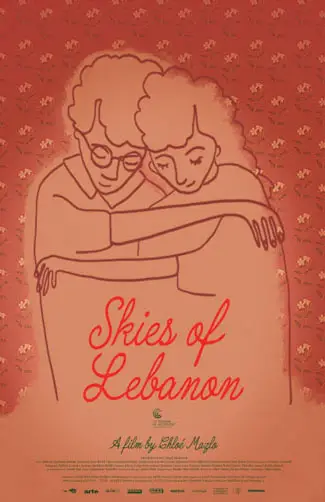
"…a powerful mediation on the optimism lost for a peacefully cosmopolitan Lebanon."
